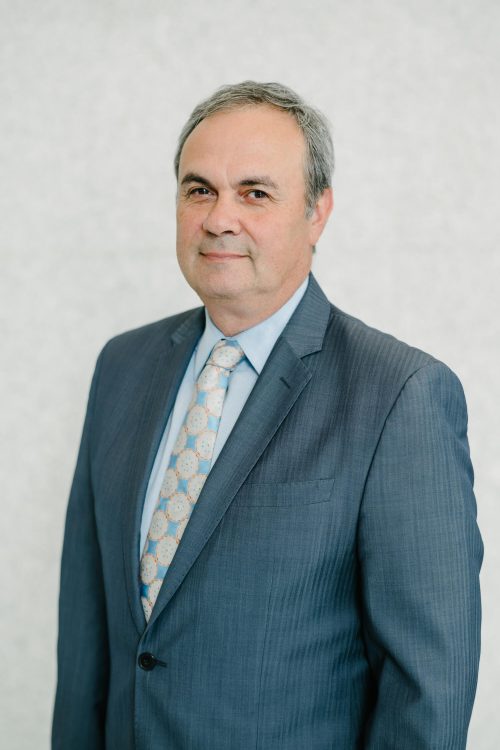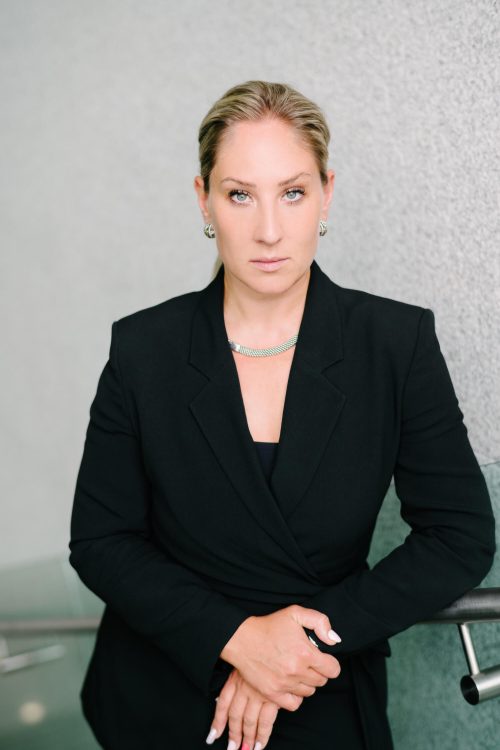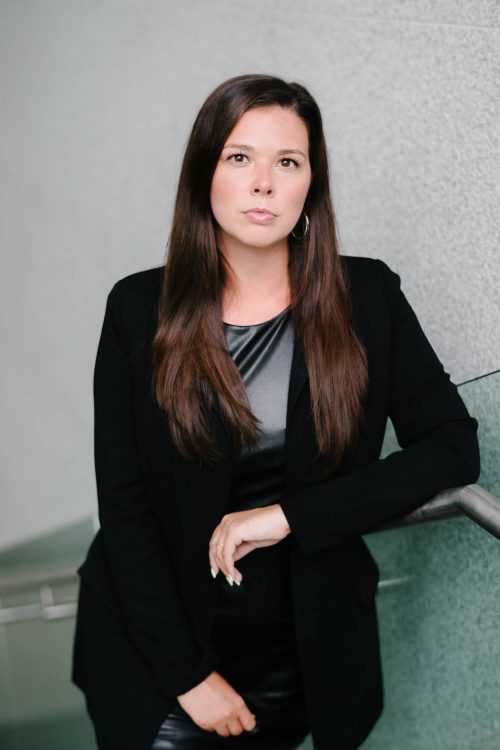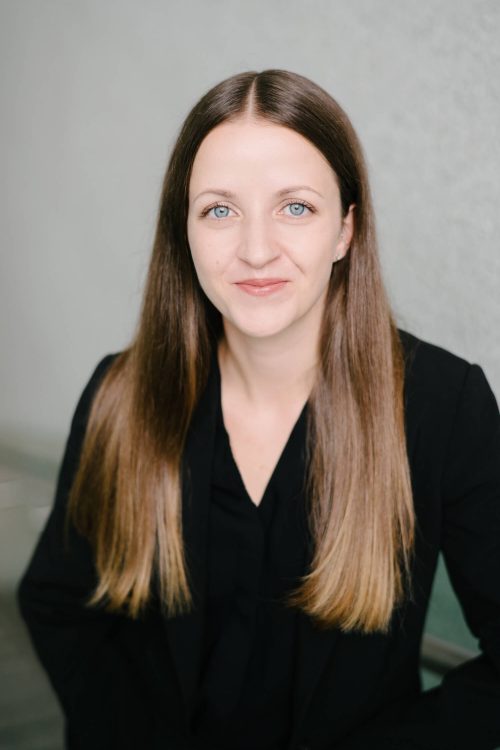Q: What did you study? What did you specialize in?
My undergraduate degree focused on Law and Political Science. I graduated from York University with a PoliSci B.A. with a specialization in International Relations.
I then completed my law degree at Osgoode Hall Law school focusing very heavily on criminal law.
Q: What has been your professional experience in the arena of law? How long have you been in the profession?
I have been in practice over ten years now. Even prior to being called to the Bar in Ontario, I interned with esteemed criminal lawyer Leo Adler (who is now one of my partners) as well as working for the well-regarded Bay Street law firm, Goodmans LLP. My practice has been entirely devoted to criminal law for over a decade.
Q: Are there any links we can follow to see something more about you?
I would encourage anyone interested in learning about me and my practice to visit my firm’s web page at www.CrimLawCanada.com. My own biography can be found at https://crimlawcanada.com/firm/edward-prutschi/ which also links to a host of articles I have written or been quoted in.
Finally, you can always check my twitter page at www.twitter.com/Prutschi or our firm’s Facebook page at www.Facebook.com/CrimLawCanada.
Q: What types of cases interest you most?
Pretty much any criminal case fascinates me. I do a substantial number of domestic violence / assault cases as well as a very large number of impaired driving / drunk driving / DUI / DWI cases, but the really interesting cases tend to involved some highly unusual fact scenarios and expert witnesses.
Q: How do clients find you? Why do you think they choose you?
Most of my clients have been referred to me either by highly satisfied former clients or non-criminal lawyers who want to send their clients to experienced criminal counsel when the need arises.
A smaller number come across something I have written online or discover me through my website or twitter feed.
Q: How do you set your rates? Does it have to do with time commitment , what is at stake, or with the financial ability of the client?
I tend to negotiate a block-fee arrangement with most clients. This means we come up with a single fee to cover all the legal work up to and including a one-day trial (the most common length of a typical criminal case). This set-up gives my clients a very good understanding of what their cost is and we can work out a reasonable payment plan so there are no surprises. It also encourages me to be efficient on behalf of the client and not needlessly drag on a case just to take advantage of an hourly rate.
More information on our fee structure is available at https://crimlawcanada.com/law-firm/a-word-about-fees/.
Q: How do you sell a client on the strategy you develop for litigation?
I don’t try to “sell” a client on my strategy. The client and I work cooperatively to develop the strategy we believe has the best likelihood of success in the long run. Obviously, as the paid professional, my clients tend to take my strategic advice very seriously in deciding how to ultimate instruct me to defend their cases but it is very much a partnership between client and lawyer.
Q: Clients can sometimes be emotionally upset. How do you get them to adopt a realistic and rational attitude?
Facing a criminal charge can be the most devastating event to ever afflict a person. I take my client’s emotions very seriously as I work through a file. The client needs to be allowed to review the disclosure at length and have his/her questions answered in detail. When lawyers take the time to explain the pros and cons of a case, I find the vast majority of clients emerge with realistic expectations that I can help them achieve.
Q: What do you do when your gut says your client is lying to you?
I am very ‘no nonsense’ with my clients. It does NOT sever my clients’ interests to hold back information or lie about the facts of their case. They need to have a complete sense of trust in me and be prepared to be up front about both the strengths AND weaknesses of their case in order for me to be effective for them.
If I sense a client is lying, I will challenge them on that just as vigorously as the Crown prosecutor will. There’s no sense sparing them from that discomfort. Better to learn it from me in the confidentiality of my office than for the lies to come out in court.
Q: Have you ever defended someone’s innocence while knowing with certainty that he/she was really guilty?
This is a common question which misunderstands a defense lawyer’s role to a certain extent. I rarely (if ever) know “with certainty” that a client is guilty unless a client says “I’m guilty” in which case we work towards negotiating the best plea arrangement we can under the circumstances.
Otherwise, it is my duty to make the crown prosecutor prove their case which includes justifying the legality of any police actions in the course of the investigation. That is the only way that an adversarial system can ensure that it continues to protect the innocent while seeking to punish the guilty.
Q: What reasons would you have for not taking on a case? How would you justify it?
I have yet to find a case that I have declined to take on (other than in situations where clients simply cannot afford our fees in which case we try to refer them to other counsel).
Q: What strategy is usually effective, an aggressive and intimidating one, or one that seeks a reasonable compromise?
My starting point is definitely a reasonable compromise but the reality is that different strategies are more effective in difference scenarios.
Q: I have definitely had cases in which I had to take a very aggressive stance and I have, when necessary, been very tough on witnesses who I believe to be lying to me. However, more often than not, a reasoned approach is the best way to go. A good lawyer is able to read people and the situation around them and adapt his / her questioning style accordingly.
Q: Is it important to know beforehand the personality and habits of the judge that is going to decide the case?
This is a ‘skill’ that only comes with experience but it is far more important than people might like to admit. One of the huge advantages we have at my firm is the ability to poll a number of senior respected lawyers, in addition to myself, to get a read on the particular traits and habits of our judges or crown prosecutors.
It takes many years to develop a reputation and breadth of experience that allow you to do this, but it is a powerful benefit we can bring for our clients.
Q: Is courage needed to practice your profession?
Absolutely. Defense lawyers are often asked to represent people who are despised on their communities for the things they are alleged to have done. The media are frequently very involved in reporting the facts of our cases. A good lawyer must be willing to take risks, blaze new legal paths, attempt novel arguments, and stand up to authority or the status quo in vigorously defending the rights of his / her clients.
Criminal defense is not a profession for the meek-hearted.
Q: Should the social repercussions of a sentence, i.e., the message that it sends to society, be kept in mind?
The message of denunciation and the ability of sentences to deter others committing offences are laudable social goals though they are often very hard to achieve.
I have written about this very debate at Slaw.com and engaged in some very interesting discussions with readers on this point.
Q: DNA analysis has revealed some serious judicial errors in the past. Isn’t that a sufficient argument for abolishing the death penalty?
Thankfully, Canada abolished the death penalty many years ago. Until someone can develop a 100% accurate criminal justice system, the death penalty has no business as a legitimate sentence.
Q: A video shows the guilt of the defendant, but because it was recorded illegally it is not admissible as evidence and the defendant goes free. Is this absurd justice?
No. This is REAL justice. If the video was obtained in such a flagrantly unlawful manner that a court has seen fit to rule it inadmissible, then the acquittal of the defendant is a necessary ramification of the improper actions of police.
If we choose NOT to throw out such inadmissible evidence, we are giving free reign to authorities to abuse their powers. It is a VERY short leap from abusing power against the “guilty” to applying those same abuses against the innocent.
I may be required to defence the guilty from time to time in order to ensure the continued safety of the innocent.
Q: Is the amount of attention paid to crime by the mass media excessive?
As a lawyer who is frequently approached by the media to comment on cases, I do not feel that our coverage is excessive but I do feel that it is often one-sides or misinformed.
For obvious and very legitimate reasons, crime is a topic that deserves to be covered extensively by the media. HOWEVER, the media need to responsibly contribute to the debate by being careful not to fall prey to sensationalism. Crime is on the decline in Canada and the United States. Particularly in Canada, the notion that our cities are infested with dangerous criminals is a media myth. Getting “tough on crime” is an expedient political promise but it doesn’t really accomplish anything substantive.
Q: What continuing education do you receive in order to keep up-to-date?
I regularly attend legal conferences both as a participant and as a speaker which helps very much to keep my skills up to date. I write a regular “justice column” for the respected legal blog, Slaw (https://www.slaw.ca/author/prutschi/) and have spoken at sessions for the Toronto Construction Association, the Ontario Camping Association, the Ontario Bar Association, and others.
Q: Where are you headed professionally? What would you like to be doing five years from now?
I’m very happy with the direction of my professional growth. Five years from now I hope to still be doing what I’m doing — helping people facing criminal law issues. Our firm has been enjoying steady sustainable growth and we see that trend continuing
——-
If you have have been criminally charged, then get a Toronto Criminal Lawyer from the internationally reputed criminal law firm of Bytensky Prutschi Shikhman. Our criminal lawyers are available 24 hours a day, 7 days a week.
Don't Let A Criminal Charge Destroy Your Life
Get 1 Hour Consultation!
Register with us to schedule a free consultation
Our Criminal Defence Lawyers

Boris Bytensky LL.B

Sonya Shikhman LL.B

Brittany Smith J.D.


